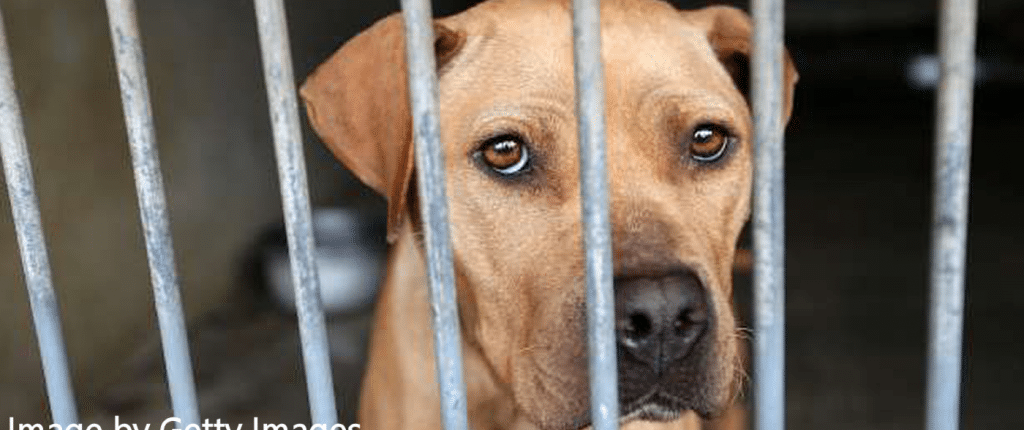A landmark proposal has been tabled in the US state of North Carolina to create an online registry of people convicted of animal abuse. This would be similar to the state’s sex offender registry – that would enable citizens to find out if there is a convicted animal abuser in their neighborhood, or to double-check if their veterinarian has been convicted of crimes against animals.
It calls for the state Department of Public Safety to present the registry in the coming year. The information available on the registry will be as follows: offenders’ full names, an identification photo or “mug-shot” and a home address. First-time offenders would remain on the registry for two years, and repeat offenders would be barred from owning or caring for any animals, for up to five years.
A database such as this would be a crucial support system for animal shelters who would be able to use the registry to do quick background checks on potential adopters. A registered list such as this is paramount to the safety and well-being of animals.
The bill spells out that an animal abuse crime is any act that harms or has the potential to harm the physical safety or well-being of an animal, including acts of violence, and neglect in the form of failure to provide necessary sustenance and shelter, exposure to unsafe temperature levels, severe confinement or abandonment. Cruel treatment crime would include torture, dogfighting, beating, striking, kicking, shooting, burning, maiming, mutilating, torturing, or killing of an animal.
In 2015, Tennessee became the first state in the US to create an animal abuse registry, focused mainly on people convicted of violent abuse. Fifteen people are now listed on the registry.
In 2018, it was revealed that there were more than 100 pending court cases in North Carolina that would qualify for entry on the registry, if the state had one similar to Tennessee’s. An example of such a crime surfaced recently when a woman, who pleaded guilty to 10 misdemeanor animal cruelty charges, was investigated for starving her horses to death on her family farm in southern Wake County.
David Barritt, chief campaigner of Network for Animals applauded the move and said it was a victory for animal welfare. He called on other states to follow suit.
“This is a great way to ensure that the identities of animal killers and abusers are public knowledge. This will be useful information to animal adoption agencies to ensure animals get a good home,” he said.
“This is the type of legislation that is needed worldwide. It would also be ideal if there was a similar registry for wildlife poachers to help avoid the extinction of critically endangered species.”

